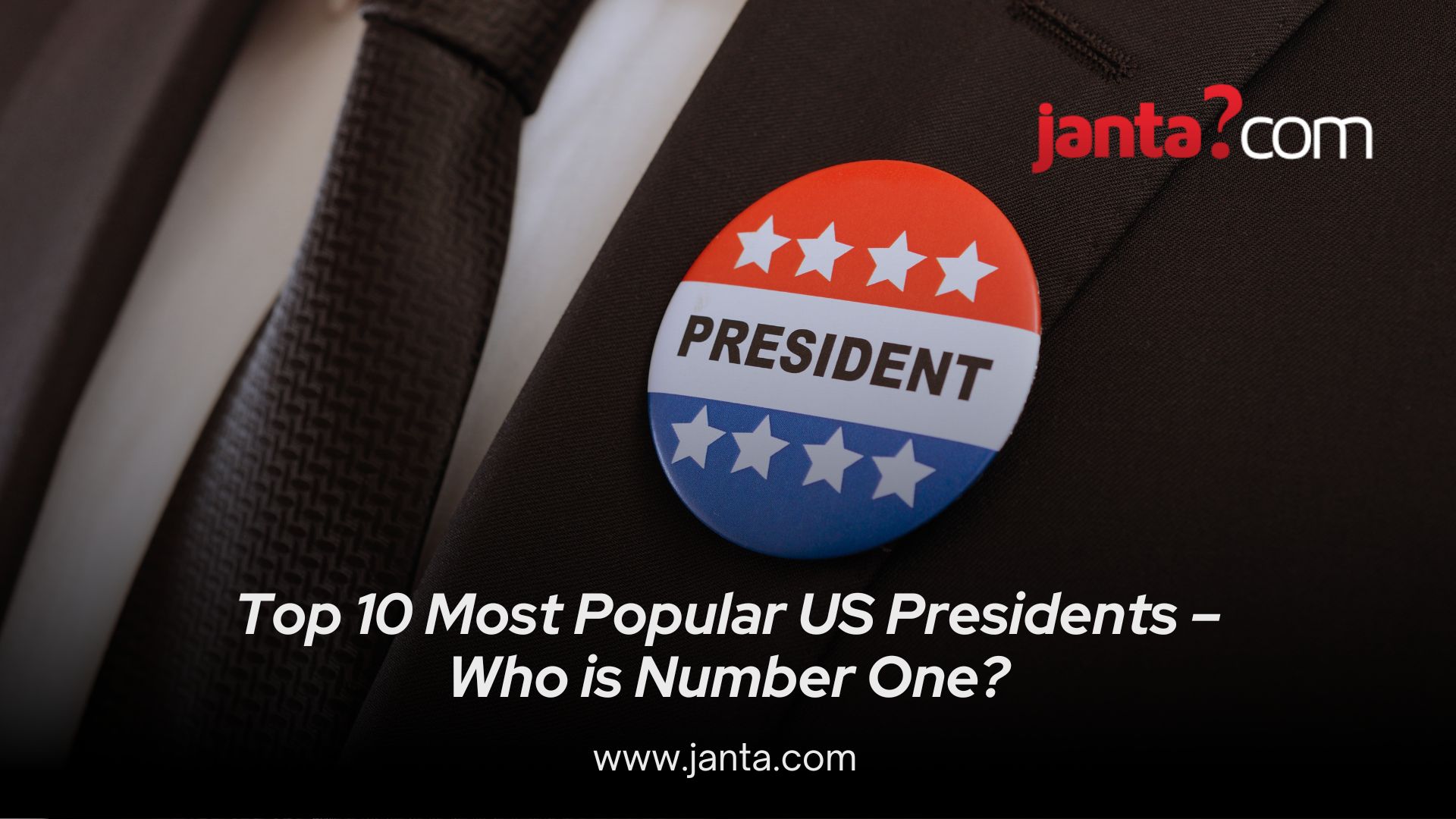Have you ever wondered which US president stands out as the most popular in American history? Abraham Lincoln is widely considered the most popular president. In this blog, we will rank the top 10 most popular US presidents, exploring their achievements, legacies, and public perception.
Most Popular Presidents in the US History
Number 10: Ulysses S. Grant
Grant, the 18th president (1869-1877), is known for his leadership during the Civil War and efforts to promote civil rights during Reconstruction. His military success and commitment to equality contribute to his lasting popularity.
Number 9: Jimmy Carter
Carter, the 39th president (1977-1981), is known for the Camp David Accords and his post-presidency humanitarian efforts. His dedication to peace and human rights resonates with many Americans.
Number 8: John Adams
Adams, the 2nd president (1797-1801), played a key role in the American Revolution and worked to avoid war with France. His contributions to the founding of the nation and his diplomatic skills are highly regarded.
Number 7: Franklin D. Roosevelt
Roosevelt, the 32nd president (1933-1945), led the nation through the Great Depression and WWII, implementing the New Deal. His resilience and transformative policies had a significant impact on American society.
Number 6: Dwight D. Eisenhower
Eisenhower, the 34th president (1953-1961), is known for his leadership during WWII, the Interstate Highway System, and maintaining peace during the Cold War. His pragmatic approach and contributions to national development are admired.
Number 5: Thomas Jefferson
Jefferson, the 3rd president (1801-1809), authored the Declaration of Independence, completed the Louisiana Purchase, and championed democracy. His vision for America and role in expanding the nation contributed to his enduring popularity.
Number 4: Theodore Roosevelt
Roosevelt, the 26th president (1901-1909), is known for his progressive policies, trust-busting, and conservation efforts. His dynamic personality and reformist agenda made him a beloved figure.
Number 3: John F. Kennedy
Kennedy, the 35th president (1961-1963), is known for the Cuban Missile Crisis, advocating for civil rights, and initiating the space race. His charisma and vision for America contribute to his lasting popularity.
Number 2: George Washington
Washington, the 1st president (1789-1797), established many protocols for the new government and set the standard for future presidents. His leadership during the founding of the nation and role in securing American independence are honored.
Number 1: Abraham Lincoln
Lincoln, the 16th president (1861-1865), led the nation through the Civil War and abolished slavery with the Emancipation Proclamation. His leadership during the nation’s most challenging period cemented his legacy as one of America’s greatest presidents.
Criteria for Popularity
Public Opinion Polls
Public opinion polls, like those from Gallup and Pew Research, track the public’s view on presidents, providing valuable insights into how different leaders are perceived over time.
Historical Impact
A president’s impact on history significantly determines their popularity. Leaders who navigate the nation through crises, enact significant reforms, or lead during pivotal moments tend to be more popular.
Legacy and Achievements
The achievements and enduring legacy of a president are crucial for their popularity. Presidents remembered for landmark legislation, economic growth, or significant social progress often rank higher.
Media Representation
Media plays a vital role in shaping public perception. Presidents who manage their media image effectively or are positively portrayed in historical and contemporary media tend to enjoy higher popularity.
Analysis and Discussion
War-time presidents and those who led during economic booms often rank higher in popularity. Their leadership during crises and ability to enact significant changes resonate with the public. Modern media has also amplified the influence of presidents, making it easier for them to connect with the public and shape their image.
Conclusion
In this blog, we ranked the top 10 most popular US presidents based on public opinion, historical impact, legacy, achievements, and media representation.
Abraham Lincoln emerged as the most popular president due to his leadership during the Civil War and efforts to abolish slavery. Understanding presidential popularity provides insights into what makes a leader resonate with the public and how their actions shape their legacy.
Feel free to share your thoughts on the rankings and who you believe should be number one.
